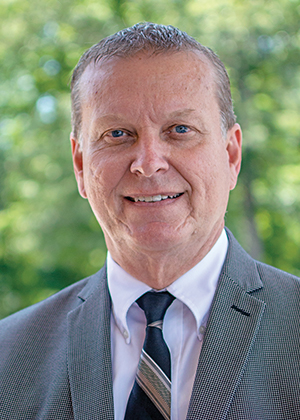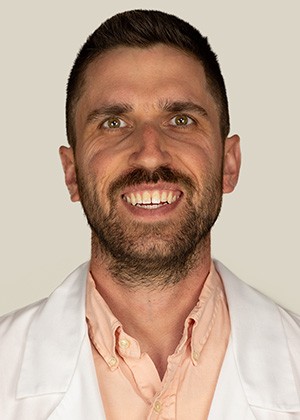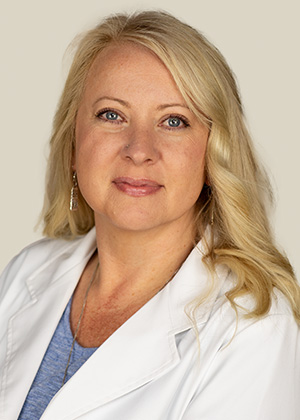3990 E. US Hwy. 64 Alt./Annex
Murphy, NC 28906
Fax: 828-837-7169
Enter through the back side of
Erlanger Western Carolina Hospital annex,
under the brick portico
What Is a Chronic Wound?
A chronic wound does not heal in orderly stages and in a predictable amount of time the way most wounds do; wounds that do not heal within three months are often considered chronic.
Advanced Care for Wounds that Won’t Heal
The Wound Care Center specializes in treating wounds that have resisted healing after months or even years of conventional treatment. Wound care is often recommended for:
- Older patients and those with pre-existing conditions that prevent normal healing, such as diabetes, heart failure resulting in edema to the lower extremities, radiation injury and COPD.
- Patients who are smokers or who have chronic hard-to-heal wounds that do not resolve within 30 days, radiation burns, serious burns, or postoperative complications and/or infections.
We are the region’s wound care center with certified specialists who are also available for emergency services, and conveniently on the Erlanger Western Carolina Hospital campus. Our multidisciplinary team of physicians, nurses, and specialists is skilled in the latest treatment options and will assess your wound and work with your doctor to design a personalized healing program to help you have a successful recovery.
Types of Wounds We Treat
- Diabetic ulcers
- Arterial and venous ulcers
- Pressure sores
- Skin lacerations
- Gangrene
- Radiation burns
- Compromised skin grafts
- Post-operative infections
- Bone infection (osteomyelitis)
- Traumatic injuries
Innovative Treatment Options
- Debridement, a minor procedure that removes dead tissue, preventing infection and producing a healthy base for the tissue to regenerate
- Specialized antimicrobal and compression dressings, to prevent and treat infection, decrease swelling, and promote the growth of healthy tissue
- Pressure relief, or “off-loading,” with physical aids such as custom orthopedic shoes, splints, casts, crutches, walkers, or wheelchairs
- Nutritional counseling, to promote healing with adequate levels of nutrients
- Antibiotic therapy and antibacterial ointments
- X-rays, blood cultures,and other laboratory and vascular studies
Medical Staff

Mark Gilbert, MD
View Details
Wendy Corso, DNP, ENP-C, FNP-BC, EMT-P
View Details
Travis Williams, MD
View Details

